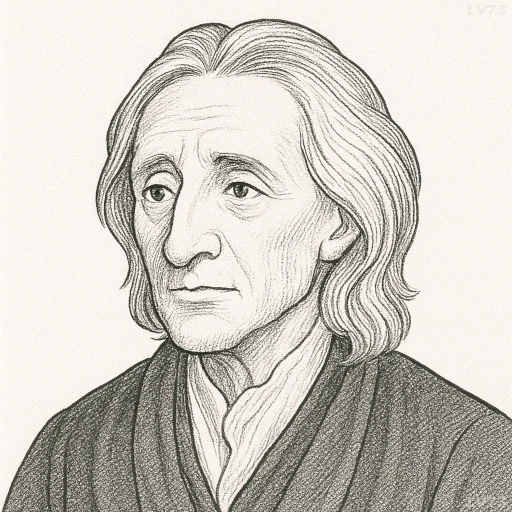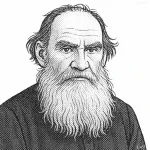“Our deeds disguise us. People need endless time to try on their deeds, until each knows the proper deeds for him to do. But every day, every hour, rushes by. There is no time.”

- August 29, 1632 – October 28, 1704
- Born in England (UK)
- Philosopher and political thinker
table of contents
Quote
“Our deeds disguise us. People need endless time to try on their deeds, until each knows the proper deeds for him to do. But every day, every hour, rushes by. There is no time.”
Explanation
In this quote, John Locke reflects on the tension between action and self-awareness. He suggests that the deeds we perform—our choices, actions, and behaviors—can conceal our true selves, as we may not fully understand the impact of those actions or their alignment with our deeper nature. Locke acknowledges that people need time and experience to understand what the right actions are for them, to develop their character, and to discover what aligns with their values. However, the passage of time is relentless; every day, every hour, passes too quickly, leaving little opportunity to reflect or experiment with different paths. Locke is expressing the frustration of not having enough time to figure out our moral direction and to fully understand how our actions reflect our inner selves.
Locke’s observation can be understood in the context of his broader philosophical emphasis on the importance of reflection and reason. While Locke valued rational thought and reasoning in making decisions, he also understood that discovering the proper actions and behaviors requires experience and trial and error. In the 17th century, this view was part of a larger Enlightenment emphasis on personal growth and self-improvement. Locke believed that individuals should have the freedom to explore and understand themselves through experience, yet he recognized the difficulty of this process in a world where time is limited and circumstances are always changing.
In modern times, Locke’s reflection resonates with the ongoing challenge of self-discovery and personal development in a fast-paced world. With the pressures of modern life, work, and responsibility, individuals often feel that they lack the time to fully understand themselves or to engage in the kind of deep reflection needed to make meaningful, authentic decisions. Whether in the context of career choices, relationships, or moral decisions, Locke’s quote highlights the urgency and difficulty of finding the right actions in an environment that offers little time to pause and reflect. It serves as a reminder that self-knowledge and personal growth require space and time, and that the rush of daily life can sometimes obscure our true path.
Would you like to share your impressions or related stories about this quote in the comments section?


